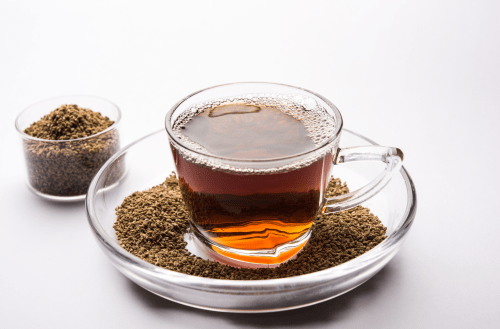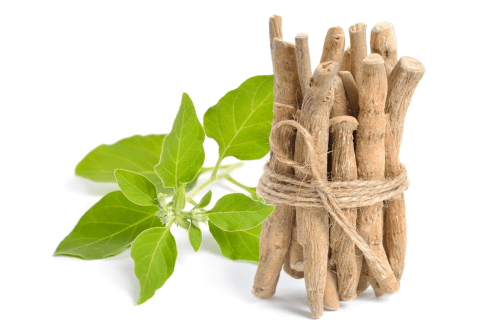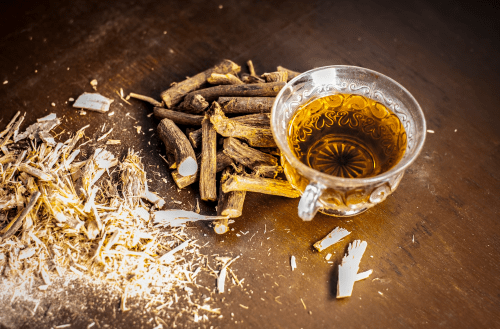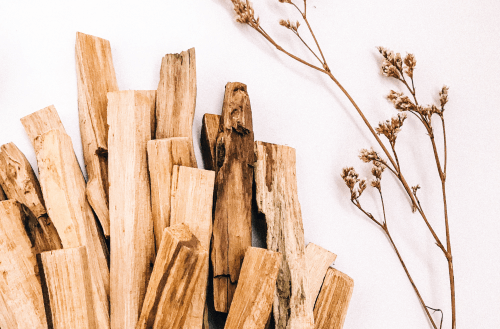4in each
WHAT IS PALO SANTO?
Palo Santo is a mystical tree that grows on the coast of South America and is related to Frankincense, Myrrh and Copal. In Spanish, the name literally means “Holy Wood”. It is part of the citrus family and has sweet notes of pine, mint and lemon.
CEREMONIAL BENEFITS –
Palo Santo is enjoyed by many for its energetically cleansing and healing properties similar to Sage and Cedar. It is a strong medicine that has been popularized for its heavenly presence in keeping energies grounded and clear. It creates a pleasant, fresh smoke that works well in keeping away mosquitoes and other flying insects which is one of the prime uses for the people who live in Ecuador and Peru. It provides an uplifting scent that raises your vibration in preparation for meditation and allows for a deeper connection to the Source of all creation. It is also said that Palo Santo enhances creativity and brings good fortune to those who are open to its magic.
HEALING BENEFITS
Palo Santo is traditionally used for relieving common colds, flu symptoms, stress, asthma, headaches, anxiety, depression, inflammation, emotional pain and more. This Essential Oil is great for Aromatherapy and can also be used during massage work to assist in healing.Great for calming the immune and nervous systems for faster recovery of illness. In essential oil form, it works well for physical pain and inflammation containing high levels of D-Limonene and Monotropenes that are useful for cancer symptoms.






